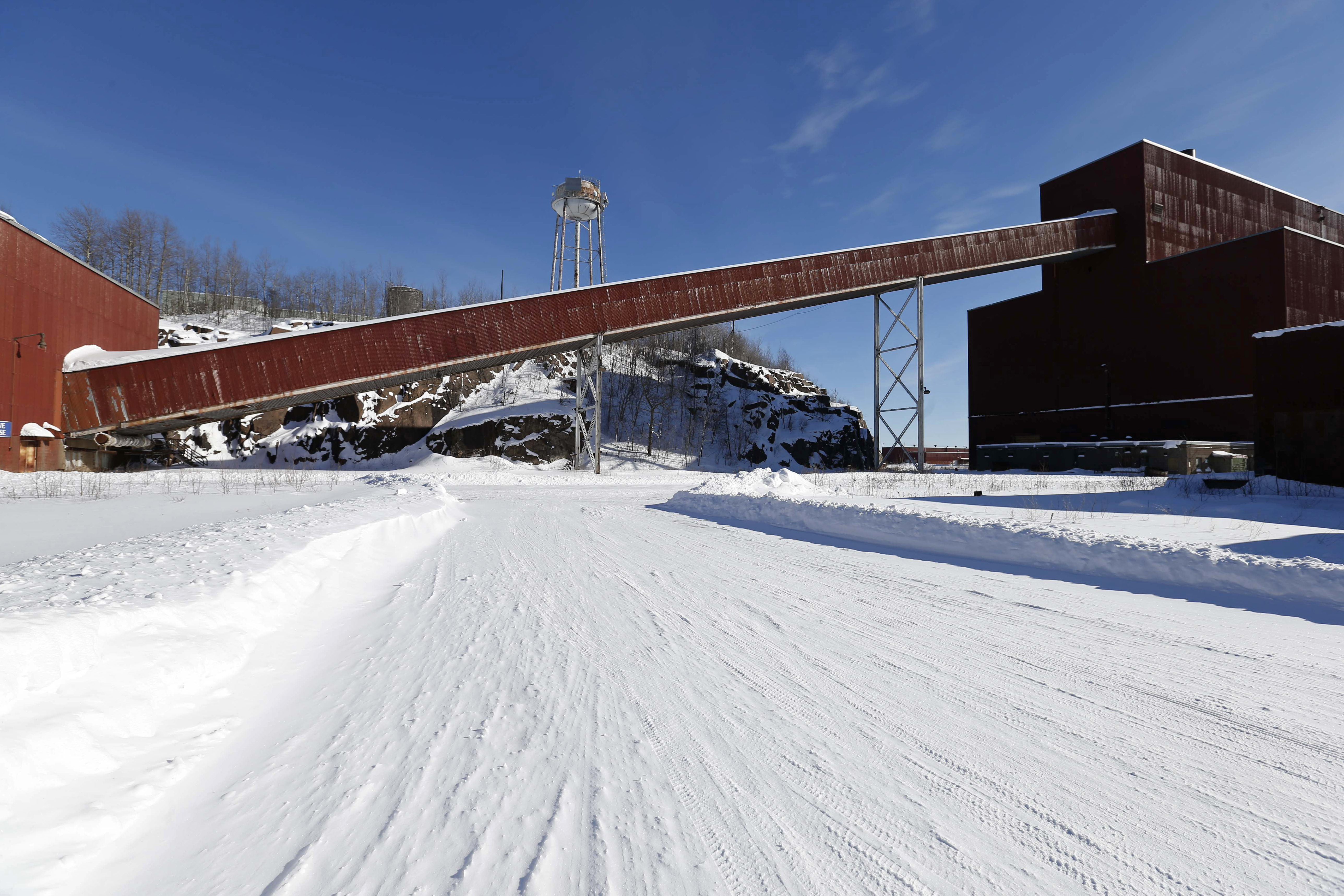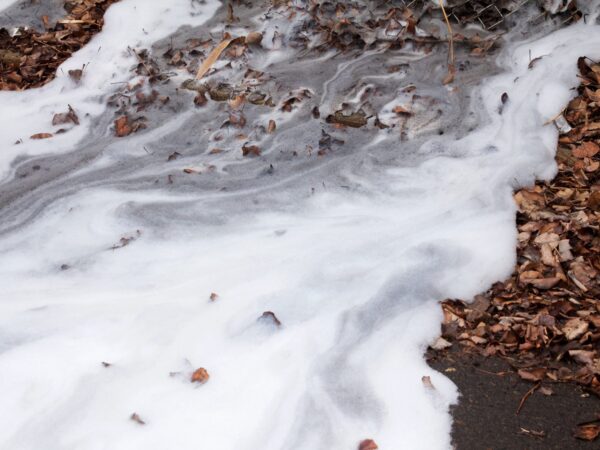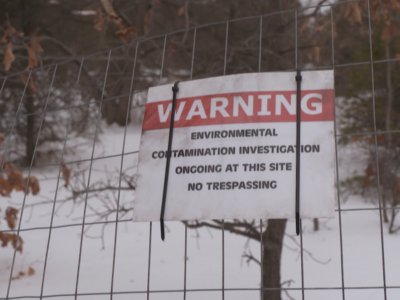
MINNEAPOLIS (AP) — Legal challenges to the proposed PolyMet copper-nickel mine enter a new phase this week when a judge opens a fact-finding hearing into allegations that the Minnesota Pollution Control Agency improperly tried to suppress serious concerns by the federal Environmental Protection Agency about the project’s risks to clean water.
Ramsey County Chief Judge John Guthmann will hear testimony and gather evidence during the hearing, which opens Tuesday and is expected to last five to 10 days. He will then prepare written findings for the Minnesota Court of Appeals on the alleged procedural irregularities. The appeals court will then consider his report as it weighs a broader legal challenge by PolyMet’s critics to the water quality permit that the MPCA issued in 2018 for what would be Minnesota’s first copper-nickel mine.
Here’s a look at the case:
THE CORE ALLEGATIONS
Environmental groups and a Minnesota tribe allege that MPCA officials improperly dissuaded EPA officials from submitting formal written comments on their concerns during the state agency’s public comment period on the draft water permit in 2018. Those concerns included what the EPA considered a lack of enforceable pollution limits based on state water quality standards. Filing written comments would have made those concerns part of the administrative record of the permit proceedings, and therefore available to the public and the courts.
The opponents say it matters now because the appeals court can’t normally consider evidence that isn’t part of the administrative record.
“Had EPA’s written comments become part of the public record, as they should have been, MPCA would have been required to address them to EPA’s satisfaction, and the Court of Appeals could have properly taken both those comments and MPCA’s responses to them into account in deciding Relators’ appeals,” the groups wrote in a brief that will serve as their opening statement.
THE EVIDENCE SO FAR
The allegations stem from EPA documents showing that its officials read their criticisms of the draft water permit over the phone to MPCA staffers instead of submitting them in writing. The allegations were bolstered by an email sent by Shannon Lotthammer, who was then assistant commissioner at the MPCA, to her federal counterparts asking them not to submit written comments.
Paula Maccabee, an attorney for WaterLegacy, one of the groups challenging the permit, obtained the EPA documents last June after going to court to force their release. The union that represents career EPA staffers leaked the email a few days later.
The appeals court then concluded that there was “substantial evidence of procedural irregularities” and ordered the hearing to get to the bottom of them. It suspended the permit pending the investigation.
THE MPCA’S RESPONSE
The MPCA denies any procedural irregularities — or anything improper — about how it awarded the permit. The agency’s attorneys wrote in their brief that current and former MPCA officials will testify that there was no effort to conceal the EPA’s comments from the public record.
“Relators’ entire case hinges on unfounded speculation” the attorneys wrote. “Relators have framed their case as one of malevolent collusion between EPA and MPCA. Yet, following several depositions and the production of nearly 20,000 pages of documents, there remains no support for Relators’ accusations.”
The MPCA says its officials communicated frequently and extensively with their EPA counterparts, and that the feds “fully informed” them about their concerns with the draft permit. The MPCA’s attorneys depicted the EPA’s decision not to submit written comments then as merely a way to streamline the process for both agencies.
The EPA is not a party to this case, but it has concurred with the MPCA’s assertion that it made substantive revisions to the draft permit in response to its concerns. The EPA did not object or comment on a later, final draft, when it had the chance. The MPCA’s attorneys said that indicated that the EPA “was satisfied with the permit revisions and apparently felt no need to object or comment further.”
POLYMET DEFENDS THE MPCA
“The water permit was issued after a lengthy and comprehensive review process in which issues and concerns were appropriately addressed by the two agencies,” PolyMet spokesman Bruce Richardson said in an email. “The outcome was an enforceable, lawful water quality permit that meets all applicable standards. We will meet those standards.”
ANOTHER LEGAL CHALLENGE
PolyMet is coming off a defeat on another issue before the Minnesota Court of Appeals. The appeals court last week threw out three other important permits issued by the state Department of Natural Resources. The court ordered the DNR to hold what’s called a trial-like “contested case hearing” before a neutral administrative law judge. PolyMet says it will appea l to the state Supreme Court.
RELATED INVESTIGATIONS
Soon after the email and documents surfaced, Minnesota’s nonpartisan Office of the Legislative Auditor said it would investigate. That review has been held up by the court case. The EPA’s inspector general launched an audit of a hotline complaint to determine whether EPA staffers followed the rules. The office plans to issue that report this spring.
Read more about developments in the PolyMet mine case and other mines on Great Lakes Now:
Minnesota court rejects major permits for PolyMet mine
PolyMet opponents ask appeals court to overturn mine permits
Minnesota appeals court blocks water quality permit for PolyMet mine
Twin Metals Minnesota files formal mine plan with regulators
Featured image: This Feb. 10, 2016 file photo shows a former iron ore processing plant near Hoyt Lakes, Minn., that would become part of a proposed PolyMet copper-nickel mine. (AP Photo/Jim Mone, File)




